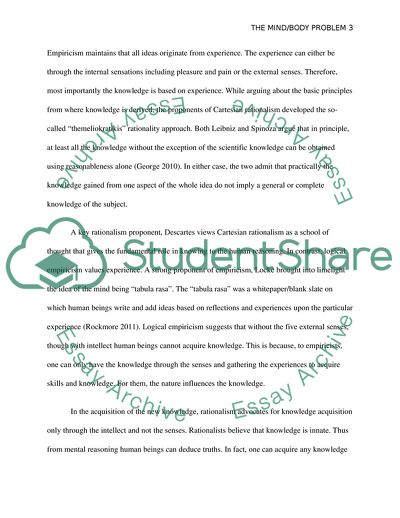Cite this document
(Mind and Body Dualism Essay Example | Topics and Well Written Essays - 1500 words, n.d.)
Mind and Body Dualism Essay Example | Topics and Well Written Essays - 1500 words. https://studentshare.org/philosophy/1875327-the-mindbody-problem
Mind and Body Dualism Essay Example | Topics and Well Written Essays - 1500 words. https://studentshare.org/philosophy/1875327-the-mindbody-problem
(Mind and Body Dualism Essay Example | Topics and Well Written Essays - 1500 Words)
Mind and Body Dualism Essay Example | Topics and Well Written Essays - 1500 Words. https://studentshare.org/philosophy/1875327-the-mindbody-problem.
Mind and Body Dualism Essay Example | Topics and Well Written Essays - 1500 Words. https://studentshare.org/philosophy/1875327-the-mindbody-problem.
“Mind and Body Dualism Essay Example | Topics and Well Written Essays - 1500 Words”. https://studentshare.org/philosophy/1875327-the-mindbody-problem.


